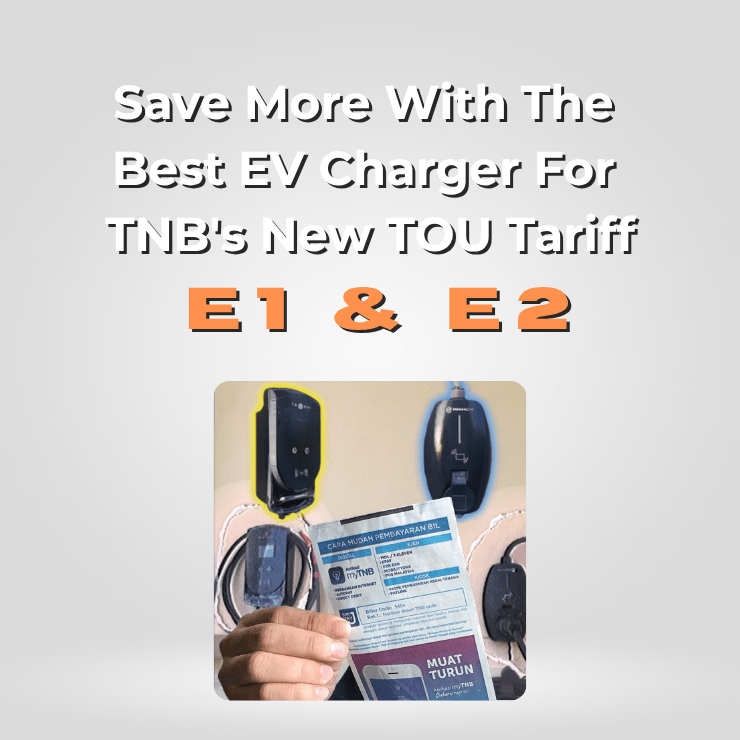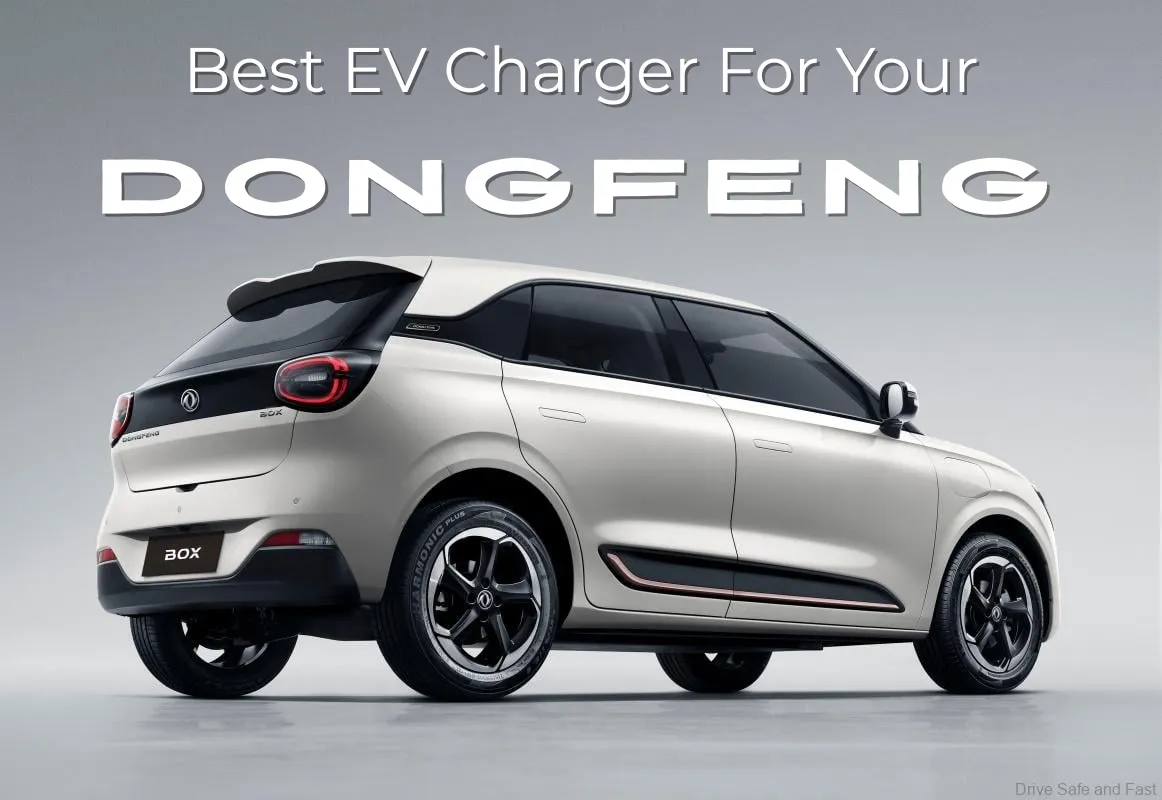
Are you a proud electric vehicle (EV) owner looking for the perfect home charging solution but feeling uncertain about which charger to choose? With the global surge in EV sales, the need for efficient home charging systems has expanded, making the decision between a 7kW and a 22kW charger a complex one.
In this article, we aim to help you choose the ideal charger for your specific residential needs by comparing the charging speeds of 7kW and 22kW chargers, discussing the pricing of the 22kW charger, and providing answers to common questions. Let’s begin the journey to find the right charger for you!
Key Takeaways
- When deciding between a 7kW and 22kW charger, take into account both the charging rate and your power setup.
- The 22kW charger comes with a higher price tag and necessitates a 3-phase electrical wiring setup.
- Select a charger that suits your individual housing requirements, whether you possess a residential or commercial property with off-road parking facilities.
The Difference in Charging Speed: 7kW and 22kW
Charging Speed Discrepancy

The notion that a 22kW charger is consistently three times faster than a 7kW charger can be misleading. Charging speed in an EV is contingent on the onboard charger’s capacity, which varies among manufacturers. For instance, many EVs in Malaysia are equipped with an 11kW onboard charger, allowing them to receive a maximum of 11kW.
Role of Onboard Charger Capacity

Nonetheless, if your EV’s onboard charger can handle 22kW charging, the 22kW charger offers a substantial speed advantage, delivering a charging rate three times faster at 22 kilowatts per hour. In such cases, opting for a 22kW charger is a more suitable choice, especially if your EV has a larger battery capacity and a higher charging rate.
Below is a list of popular EV models, each equipped with varying onboard charger capacities:
- Tesla Model S/X/Y, Mini Cooper SE, Ioniq 5, Kia EV6, Hyundai Kona, BMW iX, and BMW i4 are all equipped with an 11kW onboard charger.
- Tesla Model 3, Kona eLite, Nissan Leaf, and hybrid vehicles come with a lower onboard charger capacity.
Electrical Setup Requirements
It’s crucial to be aware that a 22kW electric car charger necessitates a three-phase electricity supply for installation, whereas a 7kW charger can be set up on a single-phase power supply. Therefore, if your home or office already has a three-phase power supply in place, a 22kW charger becomes a feasible choice.
In summary, the charging speed difference between a 7kW and 22kW charger depends on your EV’s onboard charger capacity and available electrical supply. If your EV supports 22kW charging and you have three-phase electricity, the 22kW charger offers faster charging.
How Much is the 22kW Charger? Is it 3X More Expensive?
Charger Price Comparison: 7kW vs. 22kW

You may be curious about whether the 22kW charger comes with a considerably higher price compared to the 7kW charger. The answer is no; for instance, the 22kW EvGuru Basic is priced at just RM3,329.00, while the 7kW EvGuru Basic charger costs RM2,646.00, resulting in a mere RM683.00 price difference (excluding installation).
Installation Cost Differences
Nonetheless, the primary cost variation arises during installation. The 22kW charger necessitates a 3-phase wiring setup, while the 7kW charger does not. Therefore, if your home operates on a single-phase power configuration, you’ll need to upgrade it before installing the 22kW charger.
The expenses for enhancing your power setup can fluctuate between RM300 and RM1,250, contingent on whether it involves overhead or underground installations.
Upgrading to 3-Phase Power Configuration for 22kW Chargers

It’s crucial to highlight that electric vehicles equipped with an 11kW charger also necessitate a 3-phase power configuration, making the upgrading costs relevant for them as well.
In conclusion, the price gap between 22kW and 7kW chargers is relatively minor. The primary cost divergence arises from the installation phase, specifically the requirement for a 3-phase wiring configuration. For those with a single-phase power setup, an upgrade may be necessary, incurring potential costs ranging from RM300 to RM1,250.
Conclusion? Do you go for a 7kW or a 22kW charger?
The choice between a 7kW and 22kW charger is contingent upon your electric vehicle’s onboard charger capacity and the price disparity between these options.
If your EV’s onboard charger is compatible with 22kW charging and your power supply is ample, a 22kW charger can provide charging speeds three times faster than a 7kW charger.
Nevertheless, for the majority of individuals, a 7kW charger is the more practical and cost-effective choice. To explore home EV chargers, please visit this page, and for commercial chargers, you can find further information on this page.
Frequently Asked Questions
Benefits of a 22kW EV Charger
If you’re looking to charge your electric vehicle quickly, a 22kW EV charger is the way to go. With a 22kW charger, you can charge your EV up to three times faster than with a 7kW charger. This means you can spend less time waiting for your car to charge and more time on the road.
Compatibility of a 7kW Charger with All EV Models
Most electric vehicles can be charged with a 7kW charger. However, some models may require a higher charging rate. It’s always best to check your car’s manual to ensure that a 7kW charger is compatible with your EV.
Charging Time with a 7kW Charger
The charging time for an electric vehicle with a 7kW charger varies depending on the size of the battery. On average, it takes around 6-8 hours to fully charge a car with a 40kWh battery.
Maximum Charging Speed for a Tesla with a 22kW Charger
Tesla vehicles have a maximum charging speed of 11kW, so a 22kW charger won’t charge your Tesla any faster than an 11kW charger. However, a 22kW charger may be more convenient if you have multiple EVs or if you plan on upgrading to a non-Tesla EV in the future.
Differences in Cost between a 7kW and 22kW EV Charger
The cost of a 7kW EV charger is typically lower than that of a 22kW charger. However, a 22kW charger may be a better investment if you have a larger battery or if you plan on purchasing a larger EV in the future. Additionally, some utility companies offer rebates or incentives for installing a 22kW charger.
Process for Installing a 22kW EV Charger at Home
To install a 22kW EV charger at home, you’ll need to hire a licensed electrician to install the charger and ensure that your home’s electrical system can handle the increased load. You may also need to obtain permits from your local government before installing the charger. It’s important to work with a professional to ensure that your charger is installed safely and correctly.





